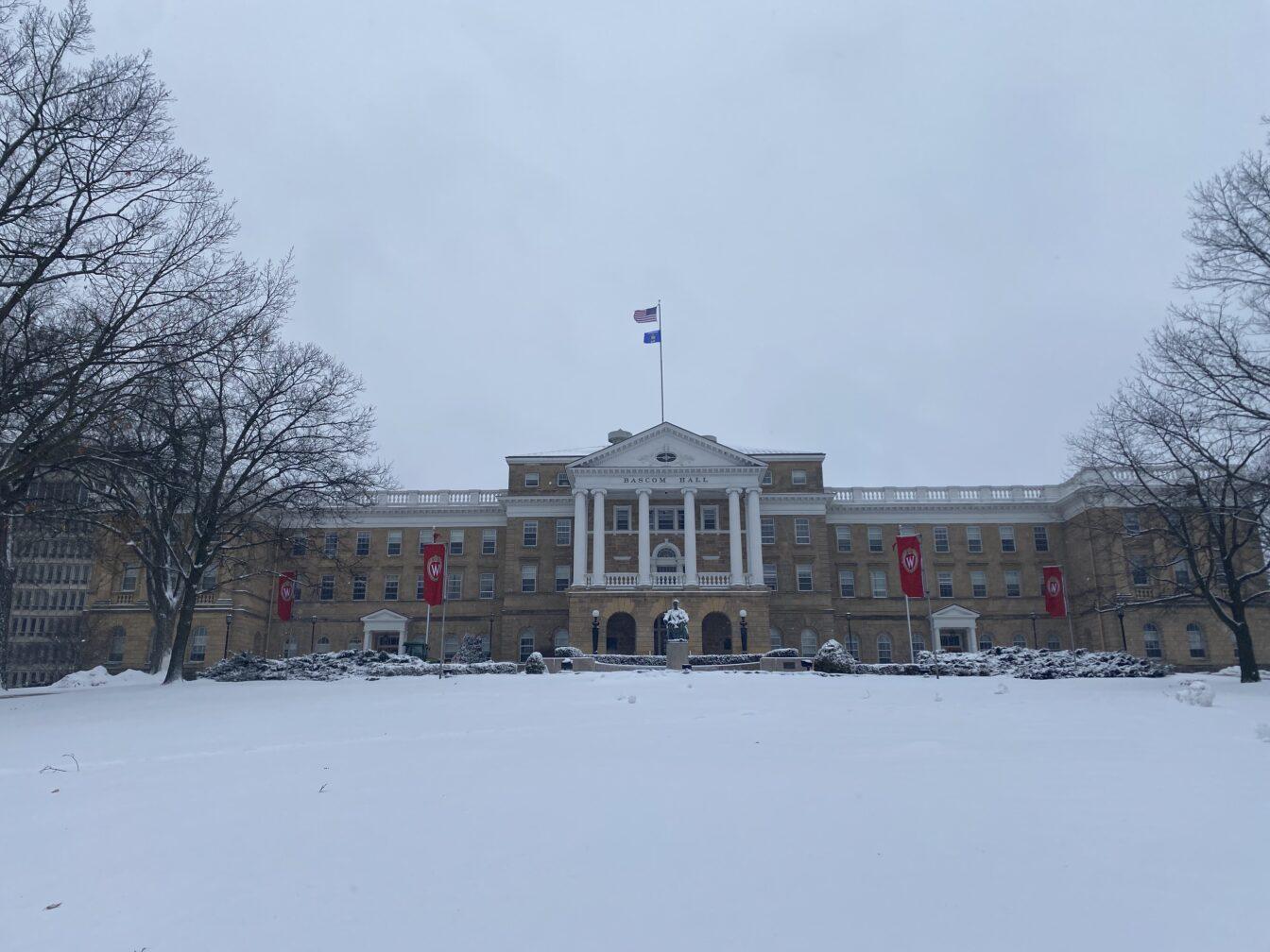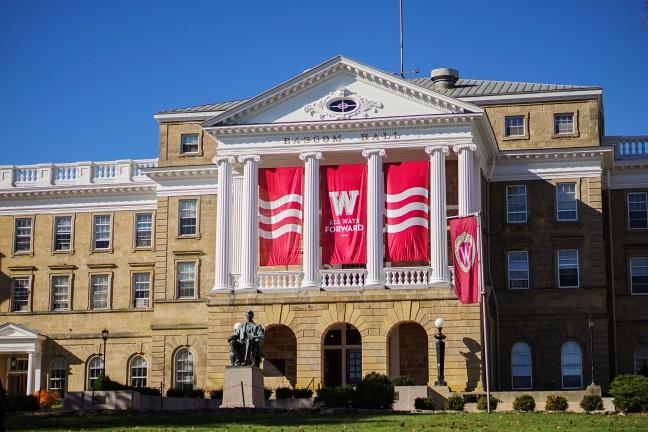We are never shy about pointing out the mismanagement and ineptitude that characterizes much of the Associated Students of Madison’s activities. However, to be fair, we also complement them on meaningful achievements. Such was the case last Wednesday, when ASM managed to pass a requirement mandating that at least 15 percent of students vote in referendums concerning capital building projects before those projects can be approved.
The voter turnout minimum ensures that any large-scale increases in segregated fees will require at least a modicum legitimization by the student body. We expect this to result in a significant improvement in the types of projects paid for by segregated fees. For instance, the final vote that allowed the approval of the Student Union Initiative occurred with a meager six percent of the student body — which pales in comparison to its previous rejection by a still modest, but much-improved 22 percent of the campus.
We hope this measure will ensure any further increases in fees will be the product of a sincere inquiry as to whether new construction is necessary. The minimum will also force ASM to improve its outreach efforts, which, sad to say, have been lacking. This could be critical with the Division of Recreational Sports angling for seg fee funding for a massive Natatorium renovation and expansion.
ASM also deserves plaudits for its practice of negotiating three-year student bus pass contracts with Madison Metro. As a result, ASM’s current contract runs through 2010, at which point both parties have the option to renegotiate. The contract, unlike those negotiated by the City of Madison, Madison Area Technical College and Saint Mary’s Hospital, provides for gradual increases in rates over a three-year period, softening the shock that would inevitably follow the end of a shorter contract.
ASM’s handling of bus pass contract negotiations demonstrates a commitment to fiscal responsibility. Instead of searching for immediate and haphazard solutions to students’ problems, ASM has acted prudently and with good results. The tenability of student bus passes has come into question in recent months, but it is currently possible to maintain this benefit, which is valuable for some students on campus.
So, good job, ASM. Although true legitimacy will only come with a new constitution and a stronger commitment to outreach, ASM’s efforts give us reason to be optimistic.












